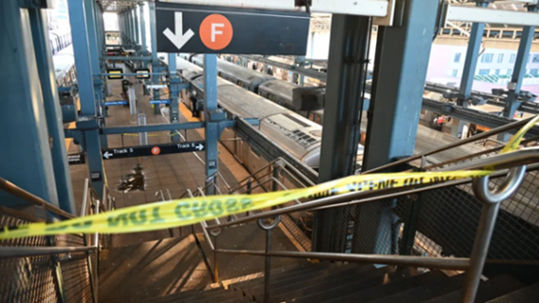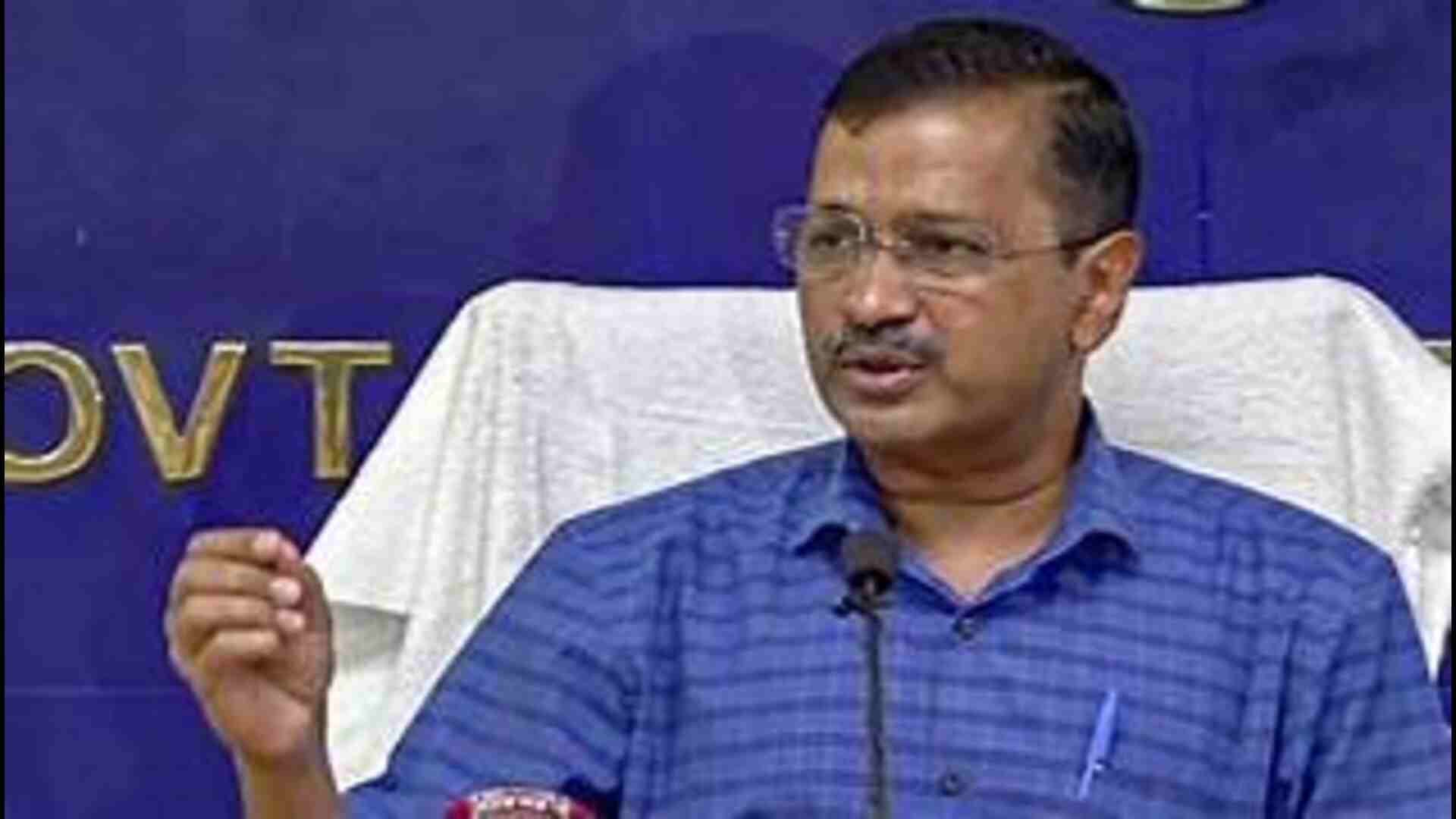Robert F. Kennedy Jr. insists he plans to return to New York as he faces scrutiny over his residency status in a legal battle concerning his independent presidential campaign. The lawsuit, filed by several voters, seeks to invalidate his petition to appear on New York’s ballot, arguing that Kennedy listed a New York address while residing in California since 2014.
Kennedy has been grilled for two days about his residency. He testified in an Albany courtroom, claiming Katonah, New York, as his “home address.” Kennedy stated that his move to California was temporary, driven by his desire to be with his wife, actress Cheryl Hines, and that he always intended to return to New York.
In a heated exchange, attorney Keith Corbett pressed Kennedy on whether relocating to California indicated his intent to reside there. Kennedy resisted a simple answer, emphasizing the situation’s complexity: “Do you want a yes or no answer, or do you want the truth?” Kennedy said. “My intent is to return to New York and that’s the only requirement for residency,” he added.
Details of the Legal Challenge
Corbett presented a July 2 affirmation where Kennedy said his driver’s license was registered to the Katonah address, but government records showed this registration did not occur until the following day. Corbett questioned Kennedy about the discrepancy, asking, “You are familiar with the term ‘perjury’?” Kennedy acknowledged the mistake, attributing it to an assistant’s error and promising to correct it.
The lawsuit, supported by Clear Choice PAC—a super PAC backing President Joe Biden—challenges Kennedy’s residency claims. Corbett pointed to a federal statement of candidacy listing a Los Angeles address and noted Kennedy had moved belongings and pets from New York to California. “The dogs came, the hawks stayed,” Kennedy quipped, referring to his raptors.
Kennedy’s Personal and Political Background
Kennedy released a video on Facebook, asserting his deep New York roots, which began when his father moved there in 1964 for a Senate campaign after President John F. Kennedy’s assassination. Kennedy’s father was also assassinated in 1968 while running for president.
Despite the challenges faced by independent presidential candidates, Kennedy has the potential to perform well, thanks to his renowned family name and loyal supporters. Both Democratic and Republican strategists worry about his potential impact on the election.
Kennedy’s campaign claims to have secured enough signatures to qualify for the ballot in 42 states, though it faces challenges and lawsuits in several states, including North Carolina and New Jersey. A judge is expected to rule on the New York case without a jury.







